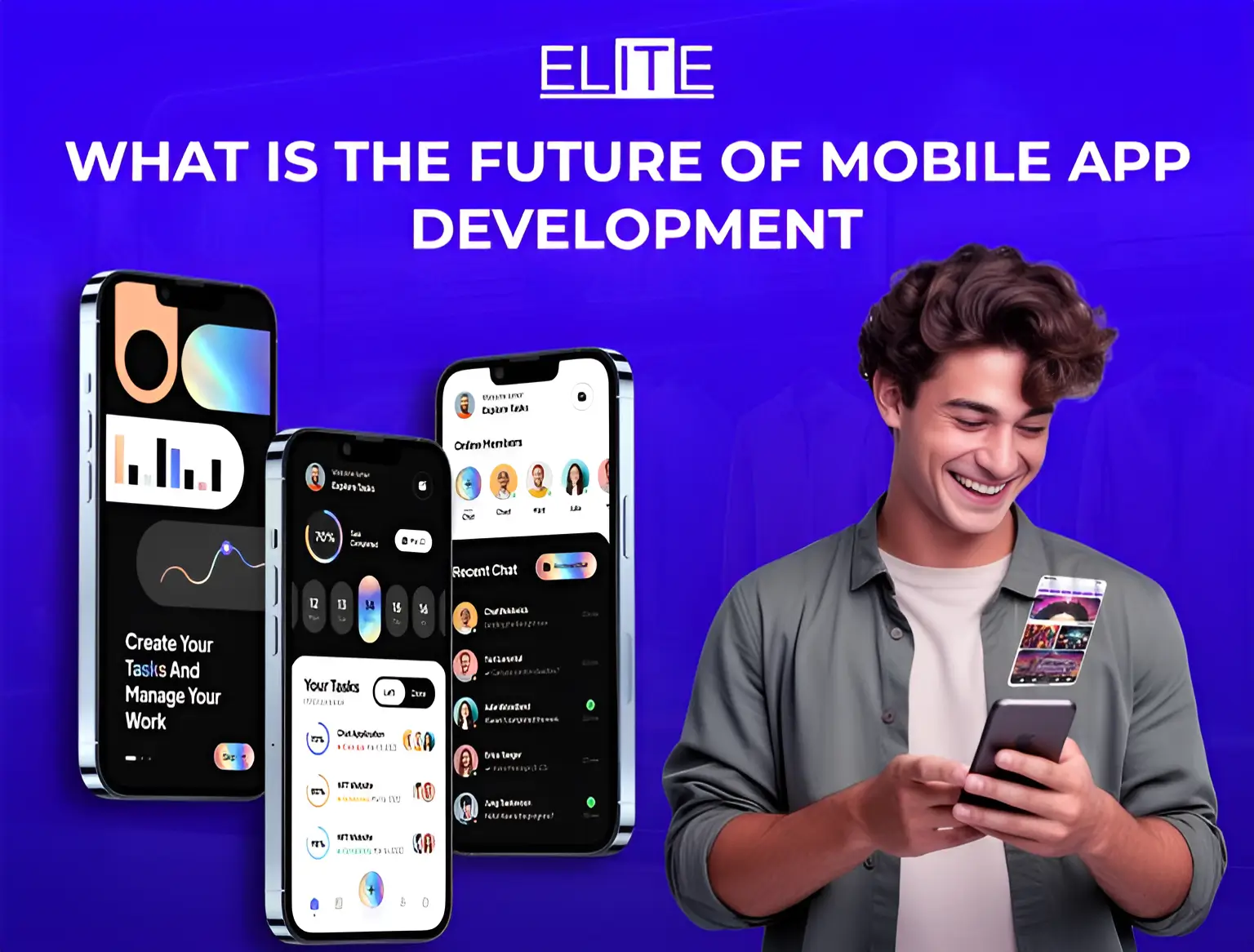In the age of constant technological advancements, the mobile app development landscape is undergoing a dramatic transformation. Businesses are actively seeking out innovative mobile app development services to cater to the ever-growing demands of mobile-first users. But what is the future of Mobile App Development?
The future of mobile app development is bright, fueled by cutting-edge advancements in artificial intelligence (AI), augmented reality (AR), virtual reality (VR), and the ever-expanding influence of the Internet of Things (IoT). As these technologies mature and become more accessible, mobile app development services will need to adapt and evolve to keep pace. By understanding these trends, businesses can begin to envision the role mobile apps will play in their future success.
Have an app idea? Consult our Mobile App Development Experts today!












